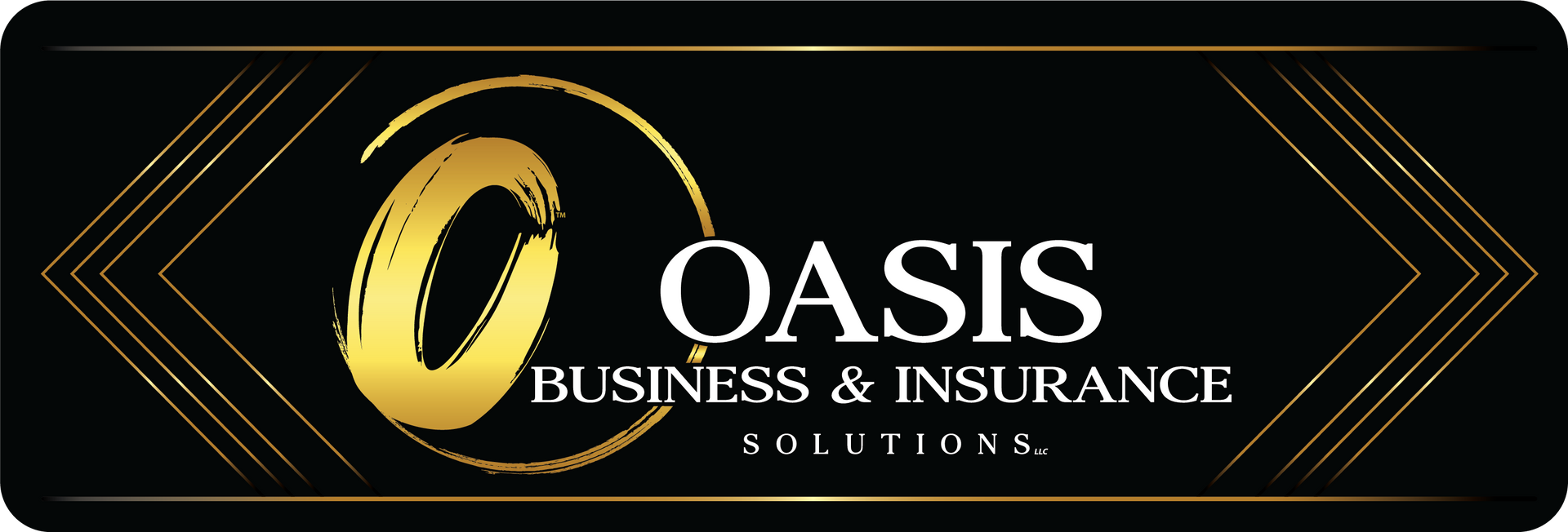
An Educational Overview of Trusts in the Business Sector
Examining the Mechanisms and Suitability of Trust Ownership for Companies
In the context of the business world, trusts serve as sophisticated legal instruments that offer distinctive advantages for corporate ownership, management, and succession planning. The utilization of trusts affords businesses the benefits of structural flexibility, asset protection, and, in certain circumstances, tax efficiency and continuity. This overview seeks to elucidate the fundamental workings of trusts in the commercial arena and to identify the categories of companies for which trust ownership is most appropriate.
Definition and Structure of a Trust
A trust is a legally binding arrangement in which a settlor (or grantor) transfers assets to a trustee. The trustee, in turn, is responsible for managing these assets in accordance with the provisions outlined in the trust deed, for the ultimate benefit of the designated beneficiaries. Trusts may encompass a variety of assets, such as real property, investment portfolios, intellectual property, and business interests. The trust deed specifies the obligations of the trustee, the entitlements of the beneficiaries, and the parameters for the management and distribution of assets.
The Function of Trusts in Corporate Settings
Trusts fulfill several vital roles within the sphere of business:
Ownership Structure: Trusts may serve as shareholders in companies, thereby assuming the mantle of business ownership. Trustees act on behalf of the beneficiaries, who may include family members, employees, or other specified groups.
Succession Planning: Trusts are instrumental in facilitating the orderly transfer of ownership and leadership, notably in family businesses and situations involving the retirement of founders.
Asset Protection: Trust-held assets are generally insulated from personal creditors of the beneficiaries, subject to the prevailing legal framework, thereby mitigating certain financial risks.
Tax Efficiency: Depending on jurisdiction, the structure of trusts can offer opportunities for optimizing tax burdens related to transfer, income, or capital gains. However, the regulatory landscape is intricate and demands careful consideration.
Philanthropic Endeavors: Some businesses are held by charitable trusts or foundations, which allocate profits to social or philanthropic causes.
Confidentiality: In select jurisdictions, trusts facilitate discretion in business ownership; the trust, rather than the individual beneficiaries, is recognized as the owner.
Operational Dynamics of Trust-Owned Businesses
When a trust holds a business, the trustee assumes all legal responsibilities associated with ownership. This includes the management of equity, participation in shareholder meetings, and, where applicable, direct involvement in operational decisions. The trustee’s conduct must align with the fiduciary duties stipulated in the trust deed and serve the best interests of the beneficiaries.
Principal Types of Trusts Employed in Business
Family Trusts: Utilized predominantly in family-owned enterprises, family trusts support intergenerational wealth transfer and management consolidation.
Employee Share Trusts: These structures hold company shares on behalf of employees, facilitating mechanisms for profit-sharing, incentives, and broad-based ownership.
Unit Trusts: Commonly found in investment settings, unit trusts allocate units to beneficiaries, who receive income and capital appreciation proportionate to their holdings.
Discretionary Trusts: Trustees possess discretion over distributions to beneficiaries, allowing for adaptive tax planning and flexibility in asset management.
Charitable Trusts: These are instituted to own and operate entities with philanthropic objectives, ensuring that proceeds are dedicated to intended causes.

Advantages of Trust Ownership in Business
Long-term Organizational Stability: Trusts safeguard businesses from disruptions stemming from personal events affecting individual owners, such as divorce or insolvency.
Continuity Across Generations: As legal entities, trusts persist beyond the lifespan of their founders, providing seamless generational succession.
Centralized Governance: Trustees are able to harmonize and manage complex stakeholder interests, thereby minimizing conflicts regarding corporate direction.
Orderly Exit Strategies: Trusts provide a clear framework for the systematic transfer or sale of business interests.
Adaptive Beneficiary Arrangements:
Trust deeds may be crafted to accommodate evolving family or business dynamics.
Types of Companies Best Suited for Trust Ownership
The suitability of trust ownership is contingent upon the objectives of the proprietors, the nature and complexity of the business, and the applicable legal and regulatory environment.
Companies Well-Suited to Trust Ownership
Family Businesses: Trusts are particularly advantageous in family-owned enterprises, facilitating succession and mitigating the risks of fractional ownership among heirs while preserving the unity and vision of the business.
Professional Practices: Legal, medical, and accounting firms often employ trusts to hold equity, manage transitions between partners, and limit liability exposure.
Social Enterprises and Charities: Entities created for social good may be owned by charitable trusts to ensure the integrity and continuity of their mission.
Investment Holding Companies: Trusts can own companies that administer pooled investments for families, individuals, or employee benefit schemes.
Employee-Owned Businesses: Employee Share Ownership Plans (ESOPs) and similar structures utilize trusts to confer ownership and incentivize employees.
Asset-Rich Enterprises:
Businesses holding substantial assets, such as real estate, intellectual property, or natural resources, may benefit from trust ownership for protection and centralized management.
Companies Less Suited to Trust Ownership
Startups Seeking Venture Capital: Investors typically require direct equity stakes and may be disinclined to invest in companies primarily or wholly owned by trusts.
Venture-Backed or Publicly-Traded Firms: The complexity of shareholding arrangements and regulatory compliance can render trust ownership impractical.
Highly Leveraged Businesses: Trust-owned enterprises may encounter limitations in accessing capital markets and adapting to frequent restructuring requirements.
Considerations and Potential Limitations
Despite their manifold advantages, trusts present several challenges that must be thoughtfully evaluated:
Complexity and Expense: The establishment and maintenance of trusts necessitate specialized legal and administrative resources, potentially incurring significant costs.
Taxation: The tax treatment of trusts is nuanced and jurisdiction-dependent; in certain cases, trusts may be subject to increased tax and reporting obligations.
Loss of Direct Control: Business owners who transfer assets to trusts relinquish direct management authority, which may entail risks if trustees do not act as anticipated.
Regulatory Oversight: Increased scrutiny in certain jurisdictions has introduced more stringent regulations governing trusts, in response to concerns related to transparency and compliance.
Potential for Disputes: Ambiguities in trust documents or disagreements among beneficiaries can result in costly legal disputes.
Establishing a Trust for Corporate Ownership
The procedure for instituting a trust to hold company assets typically involves the following steps:
- Precisely define the purpose and beneficiaries of the trust.
- Engage qualified legal and tax advisors to structure the trust and draft all requisite documentation.
- Transfer ownership of company shares or assets to the trust.
- Designate a trustee with appropriate expertise and integrity.
- Implement robust record-keeping and compliance processes.
- Periodically review and, if necessary, revise the trust structure to reflect evolving circumstances.
Conclusion
Trusts represent a formidable and adaptable mechanism for business ownership, fostering long-term planning, succession, and asset protection. They are most effective for family enterprises, employee-owned organizations, social enterprises, and asset-based businesses requiring sustained stewardship. Nevertheless, the inherent complexity, cost, and regulatory considerations associated with trust structures necessitate careful evaluation. Prospective business owners should seek expert legal and financial counsel to determine whether adopting a trust-based ownership model is congruent with their strategic aims and organizational needs.






